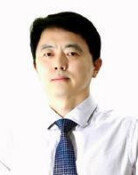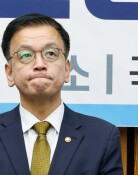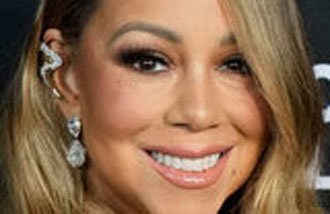Amid inflation, people spend less for new year’s resolutions
Amid inflation, people spend less for new year’s resolutions
Posted February. 02, 2023 07:39,
Updated February. 02, 2023 07:39
There was no single customer in a café on the street of Jongno-gu, Seoul, where language schools are concentrated. It used to be bustling with students busy memorizing English vocabulary in the hours preceding and following classes or interacting with native English-speaking instructors. Only a few students were in the self-study room that could accommodate up to 80 people. “Normally, there are many students in January and February, as learning foreign languages is among the most common New Year’s resolution, which drives up demand, overlapping with the winter vacation,” a language school official said. “But this year, the number of students has sharply dropped. The closing time of the café was also changed from 10 p.m. to 4 p.m. due to the lack of students.”
Some industries that used to profit from rising demand for self-development upon the new year are affected by inflation. The beginning of the year was the busiest season for language schools and indoor gyms, as people are inclined to spend more generously to keep up with their New Year’s resolutions. However, this year is different. Consumers have tightened their belts due to inflation, and consumer spending is cooling in the personal development market.
Typically, gyms see New Year’s spike in demand in January and February, but this year’s new gym membership is less than a half of those in the previous year. “During an economic slowdown, people are cutting back on things that they think are not essential,” a gym owner in Yongsan-gu, Seoul said. “Credit card companies have shortened the interest-free period due to interest rate hikes, which is also impacting.” Some gyms are operating without shower rooms because the cost of cleaning gym clothes amounts to one to three million won per month. “While the number of members has decreased, the fixed costs such as electricity and water bills, gas bills, part-time worker salaries, and rent fees are expected to increase by 10 percent compared to last year, which is a cause for concern,” another gym official said.
The popularity of golf among younger generations has subsided after reaching its peak last year. Mr. Kim, who started learning golf last year, is considering whether to re-register this year because the golf lesson that cost about 800,000 won for three months is too much of a burden. “I think I will only use the gym that costs 100,000 won a month from this month,” Mr. Kim said.
Enrolment in private schools remains sluggish. Mr. Jeong, a salary worker, gave up taking English conversation lessons, finding the monthly tuition fee of 240,000 won or a once-a-week class too burdensome. Mr. Kim was taking guitar lessons that cost 300,000 for four lessons, but he decided to change the frequency to biweekly. “The gas fee increased by 20 percent this year, and it felt too much to spend 300,000 won each month on leisure,” Mr. Kim said.
somin@donga.com







